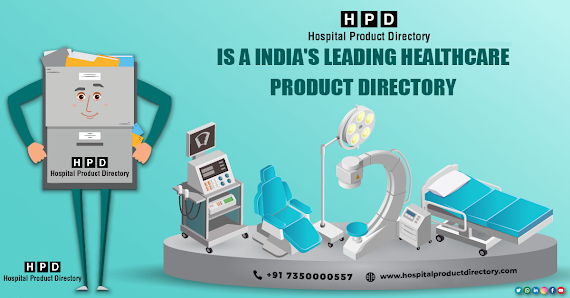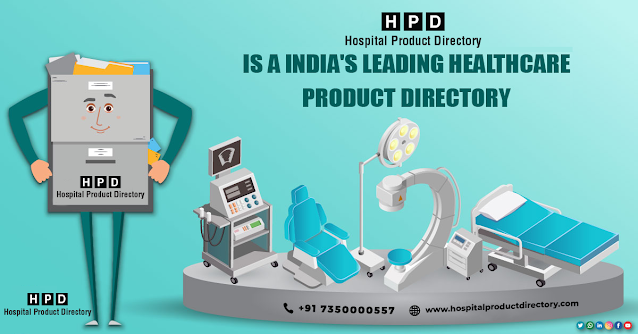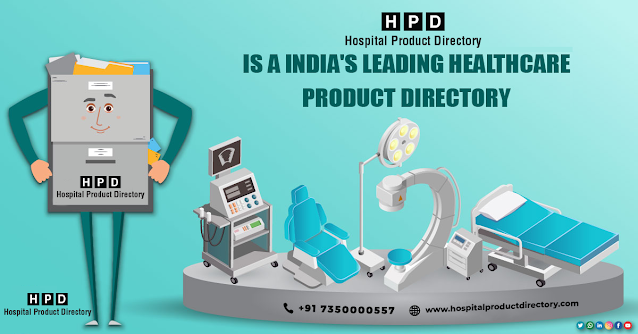How is a colonoscopy done?
The colonoscopy is done by a specialist knowledgeable in the process and persists for about 30-60 minutes. Medicines will be specified into your vein to make you sense tranquil and sleepy. You will be requested to recline on your left side on the probing bench. Throughout the process, the doctor will be using a colonoscope that is supplied by the Colonoscope Suppliers, which is a lengthy, supple, tube-shaped tool about 1/2-inch in width that conveys a picture of the coating of the colon so the medic can inspect it for any irregularities. The colonoscope is introduced over the rectum and progressed to the other conclusion of the big intestine.
The scope curves, so the medic can transfer it about the curvatures of your colon. You may be requested to modify the location infrequently to aid the medic to transfer the scope. The scope also gusts air into your colon, which enlarges the colon and aids the medic to perceive more obviously.
You may sense small constricting during the process. You can decrease constricting by taking numerous slow, profound sniffs through the process. When the medic has ended, the colonoscope is gradually retracted while the coating of your bowel is prudently inspected.
Throughout the colonoscopy, if the medic perceives something that may be irregular, minor expanses of flesh can be detached for examination (named a cell removal), and irregular evolutions, or cysts, can be recognized and detached. In many circumstances, colonoscopy permits precise analysis and therapy without the necessity for a major process.
Before one undergoes the process, one should let his medic distinguish about any singular therapeutic disorders he is suffering from, counting the subsequent:
Prenatal period
Lung disorders
Heart disorders
Aversions to any medicines
If you have diabetes or take medicines that may disturb blood coagulation; alterations to these medicines may be obligatory before the colonoscopy.
How Does One Formulate for a Colonoscopy?
There may be some nourishment or liquid limitations before you have a colonoscopy, but this will differ rendering to your physician's orders. You may be asked not to partake in solid nourishments a few days before the process. You may also be requested to take purgatives by mouth.
What Occurs After a Colonoscopy?
Afterward your colonoscopy:
You will need to rest in a recovery room for around thirty minutes for surveillance
You may feel some constricting or a feeling of having air, but this typically outdoes rapidly
You can recommence your usual régime
Recite your release orders prudently. Firm medicines, such as blood-thinning means, may need to be evaded provisionally if cell removal were taken or growths were detached.
Hemorrhage and perforation of the colon are infrequent but likely problems of colonoscopy.
If your specialist endorses you have a colonoscopy, don’t fear. There is a feeling in people that it is an awful process, but that is not the case. Most probable you won’t even be conscious to recall it. (Most people consider the getting ready process for the process to its vilest portion.)
A colonoscopy done by instruments sold by Colonoscope Dealers is an examination your clinician practices to air within your big intestine for likely grounds of things like stomach discomfort, rectal hemorrhage, or variations in bowel behaviors.
Colonoscopies are also consumed to avert colorectal growth, and it is suggested that you begin having them at age 45. During a colonoscopy irregular evolution, named cysts can be detached before they convert into malignancies.




Comments
Post a Comment